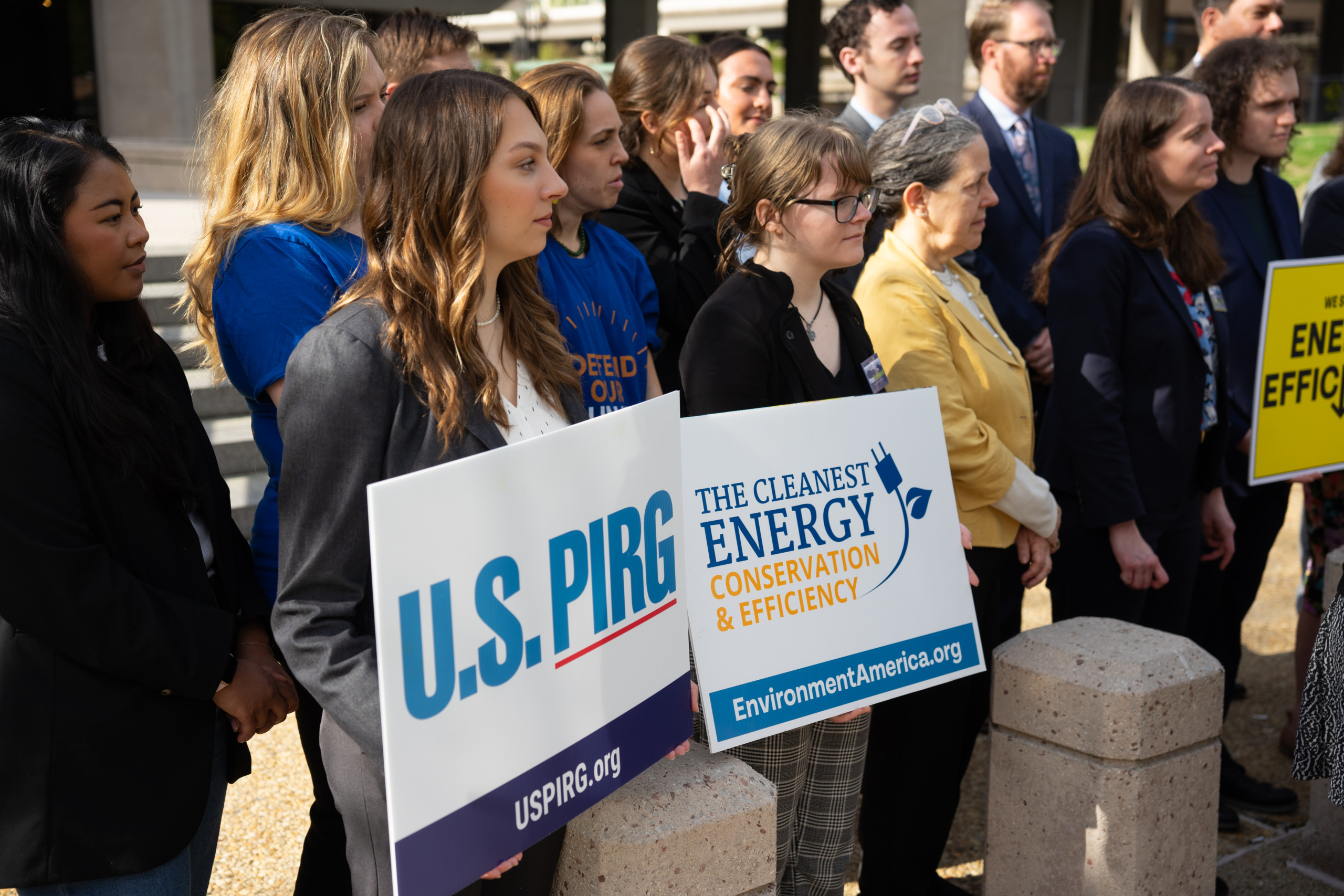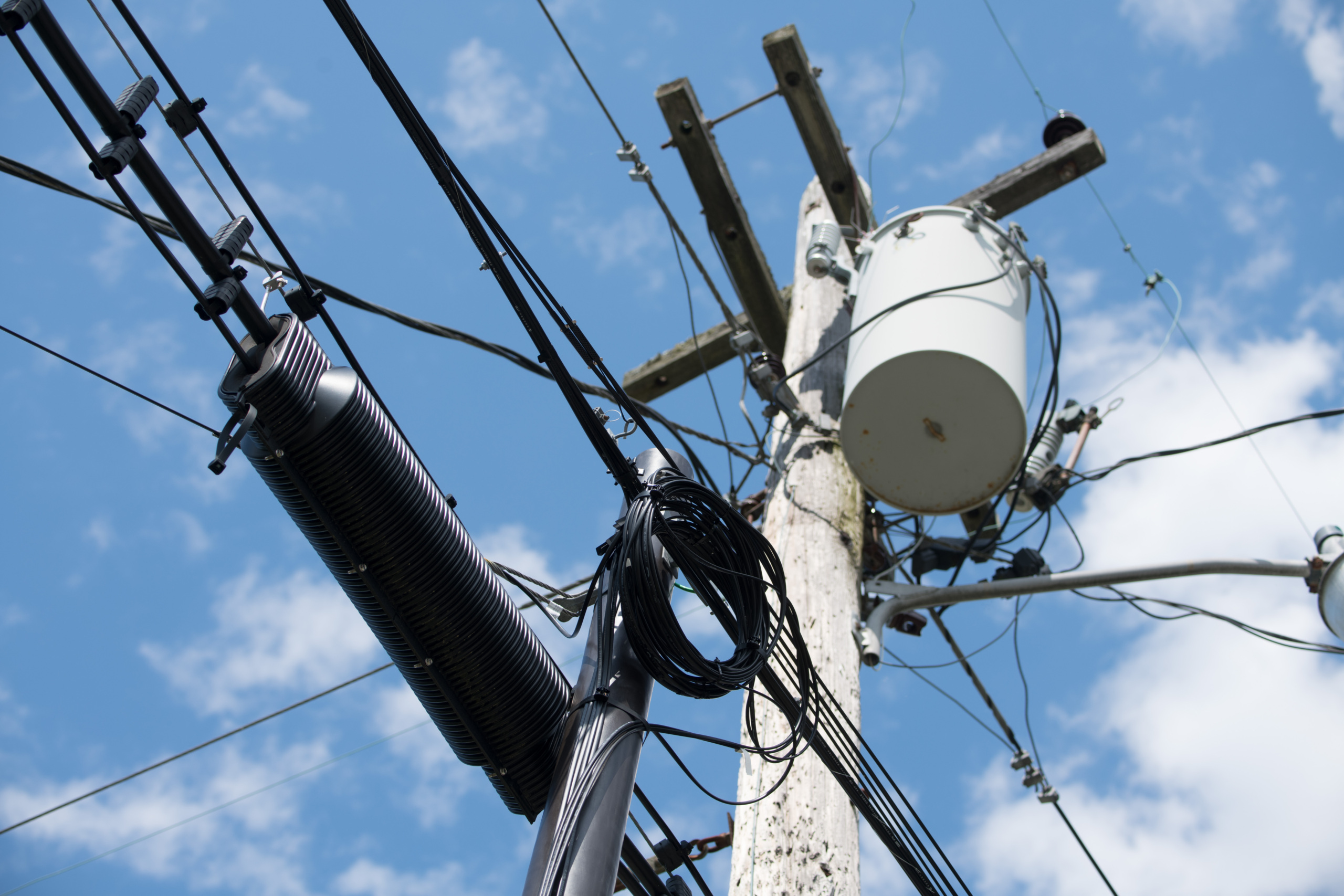
Massachusetts expands solar net metering
Recent decisions by regulators strengthen rooftop solar incentives in the Bay State.

In February, the Massachusetts Department of Public Utilities (DPU) revised the rules governing the state’s net metering program, expanding rooftop solar incentives for Bay Staters.
Net metering refers to the process by which electric customers are credited for excess solar energy they contribute to the grid. Net metering is one of the key policies that can inform how long it takes for a solar energy system to pay for itself.
How did Massachusetts expand net metering?
The Department of Public Utilities expanded net metering in the following ways:
- Removing arbitrary caps for certain large, commercial solar facilities, widening projects eligible to receive the full benefits of net metering credits.
- Allowing net metering credits to be transferred between utilities, expanding access to net metering to more individuals, businesses, and government facilities.
Environment Massachusetts’ recent report, Rooftop Solar on the Rise, pointed to solar incentives, supportive rate design (such as net metering), interconnection policies and permitting processes are four key policies that can determine how successful a state is at tapping its rooftop solar potential.
“Every roof without rooftop solar is a wasted opportunity,” said Johanna Neumann, senior director of the Campaign for 100% Renewable Energy. “Expanding the scope of net metering will help Massachusetts reach its rooftop solar potential.”
Read more about the updated regulations and benefits of rooftop solar here.

See the Campaign

Go Solar
Topics
Updates

Solar energy in Massachusetts gets boost

New grants can make our roadsides bee-friendly

Energy Conservation & Efficiency
Biden administration finalizes lightbulb efficiency rules

Energy Conservation & Efficiency
Groups urge Biden to ‘Finish the job’ on appliance efficiency

Energy Conservation & Efficiency

